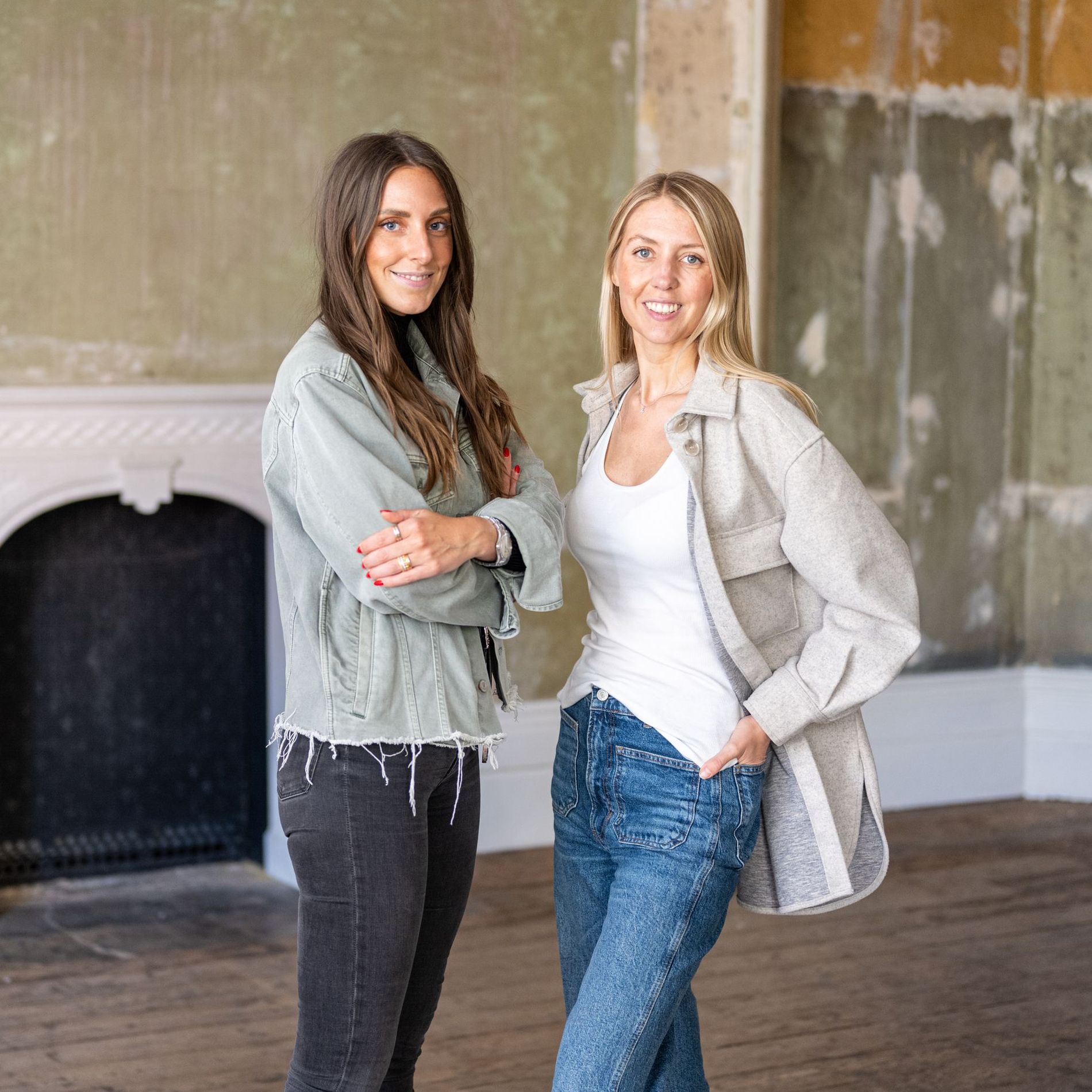To mark World Mental Health Day 2023, we speak to the Swedish co-founders behind revolutionary app Hormona about how their own personal experiences led them to launch the app that is changing women’s lives
Women trade woes and tips about their cycle all the time. But despite how frequently it’s chatted about, we’re actually taught very little about what our bodies go through every month – and how much it affects our mental health.
Karolina Löfqvist was in her mid-20s and living her best life when things began to go downhill. “I started having a lot of health problems – with my weight, hair loss, depression. I was really low,” she begins. “The doctors I went to see all said it was stress-related. They wanted to put me on anti-depressants, but didn’t give me any answers to what was happening or why.”
It took four years before Löfqvist was seen by a specialist who saw the correlation and finally gave her the answer that she was suffering from hormone imbalance. “After years of taking the pill, my body wasn’t producing enough oestrogen on its own, and my thyroid was deregulated. And it affected every aspect of my life.”
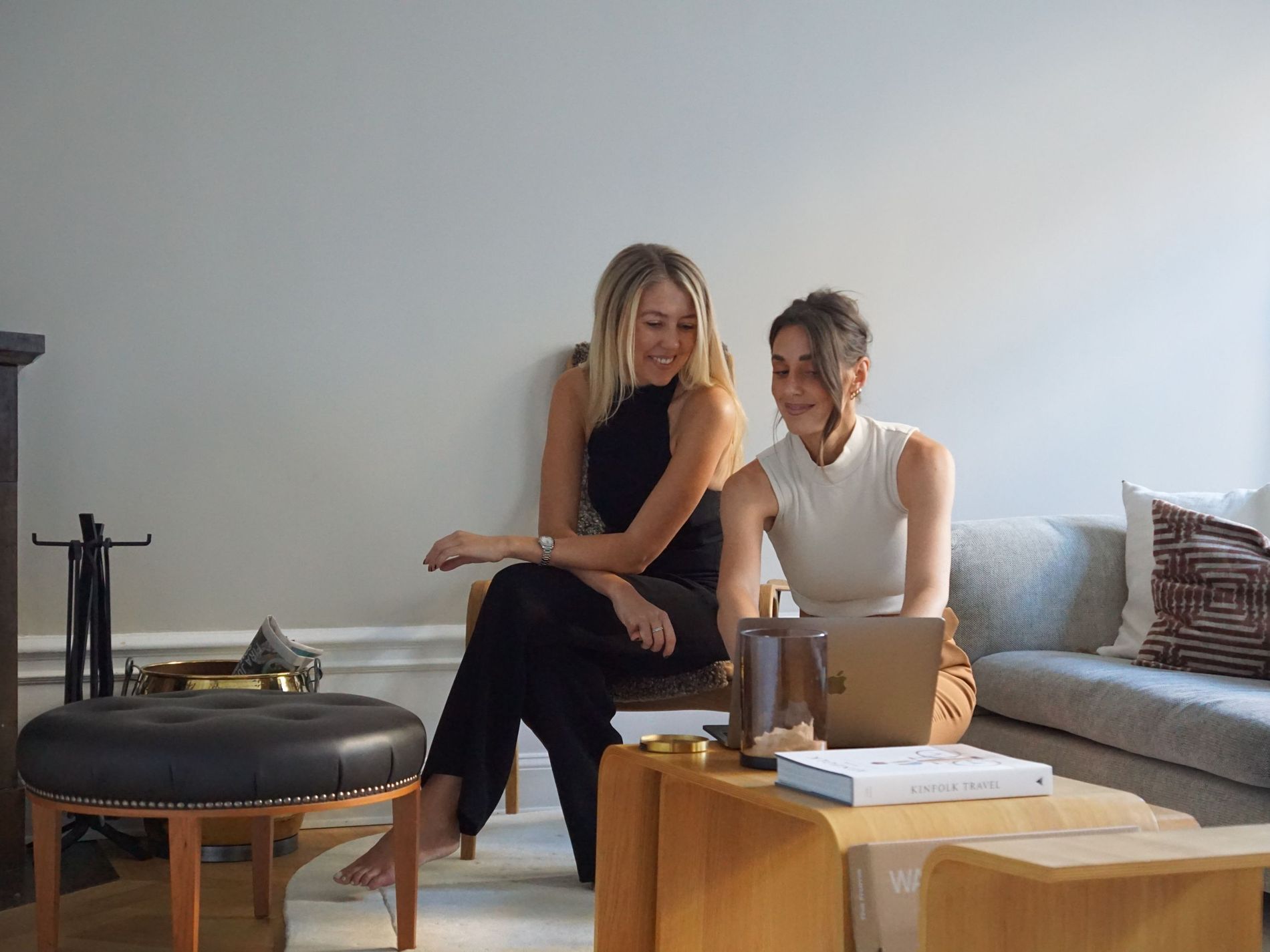
Co-founders Karolina Löfqvist and Jasmine Tagesson. Photo: Courtesy of Hormona
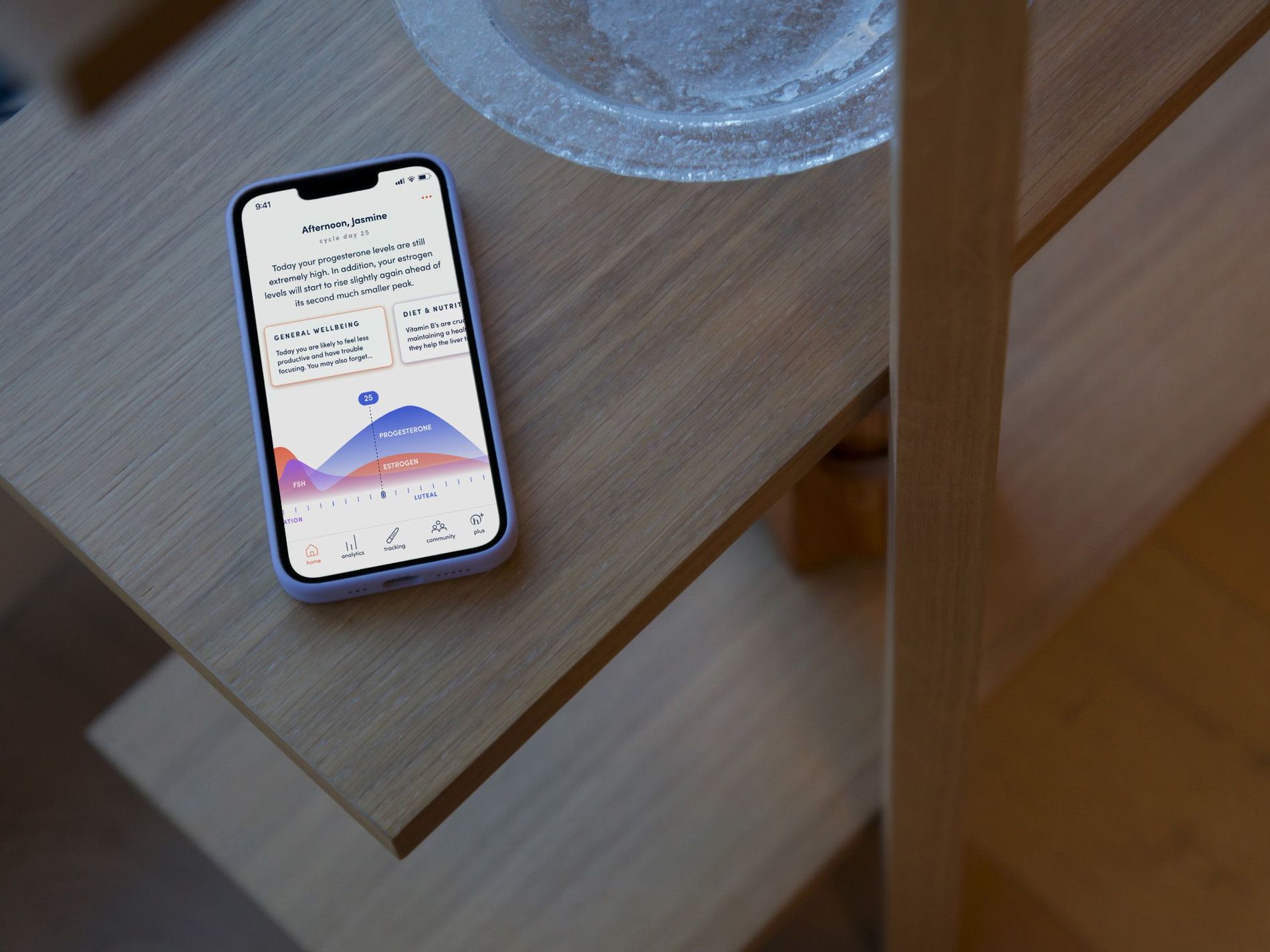
The Hormona app interface.
She was living with her now co-founder Jasmine Tagesson at the time. Best friends since they were five, the girls grew up together in Ängelholm. “I felt powerless, seeing her come home from doctors appointments where they always told her the same thing. Seeing that nothing was helping,” Tagesson recalls.
Many women are just surviving, expecting to feel the same from day-to-day, and then criticising themselves if they’re not as productive or content as the week before. When in reality, these fluctuations are completely natural.
Karolina Löfqvist, Hormona co-founder
Realising how little energy was being given to the impact of hormones on women’s health, they decided to spearhead a change. Cue Hormona, an app that tracks women’s cycles, becoming more personalised with every physical and mental symptom that’s logged. It gives women daily updates about where they are in their cycle and what they can expect on a given day, as well as tips for how to cope. From diet and exercise, to guided meditations and breathwork, it's the complete package for living in tandem with your cycle.
“Many women are just surviving, expecting to feel the same from day-to-day, and then criticising themselves if they’re not as productive or content as the week before. When in reality, these fluctuations are completely natural. We want to help women take a step back and think, ‘where am I in my cycle?’" says Löfqvist. “And give them advice about how to support themselves in that phase,” Tagesson chimes in.
Not to mention the revolutionary hormone test they’re rolling out early next year. “It’s a very simple at-home urine test, similar to a pregnancy test,” Löfqvist explains. “Using image processing and AI, scanning the test-lines gives quantitative results within fifteen minutes, for a personalised real-time overview of hormonal health.”
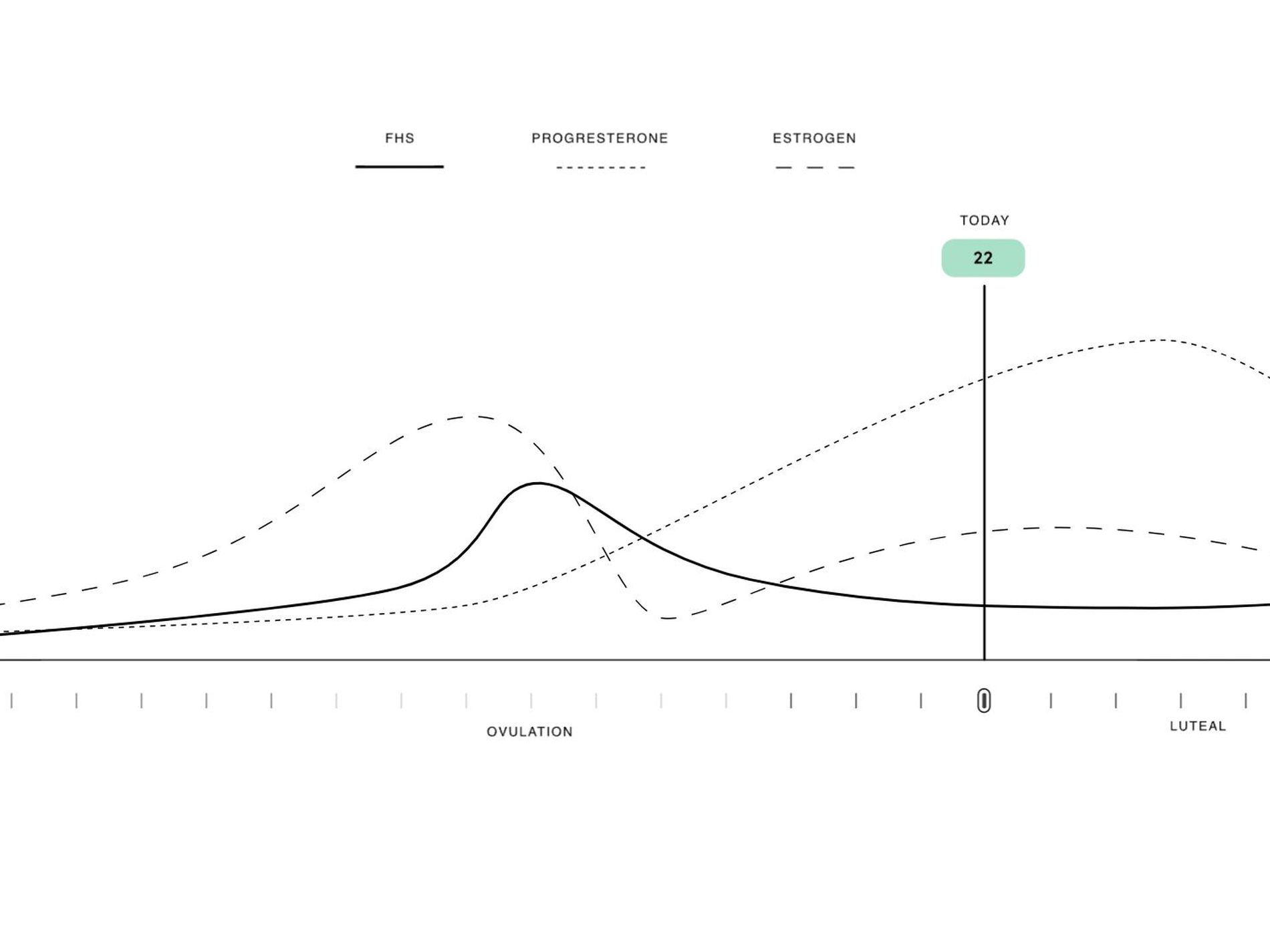
Photo: Courtesy of Hormona
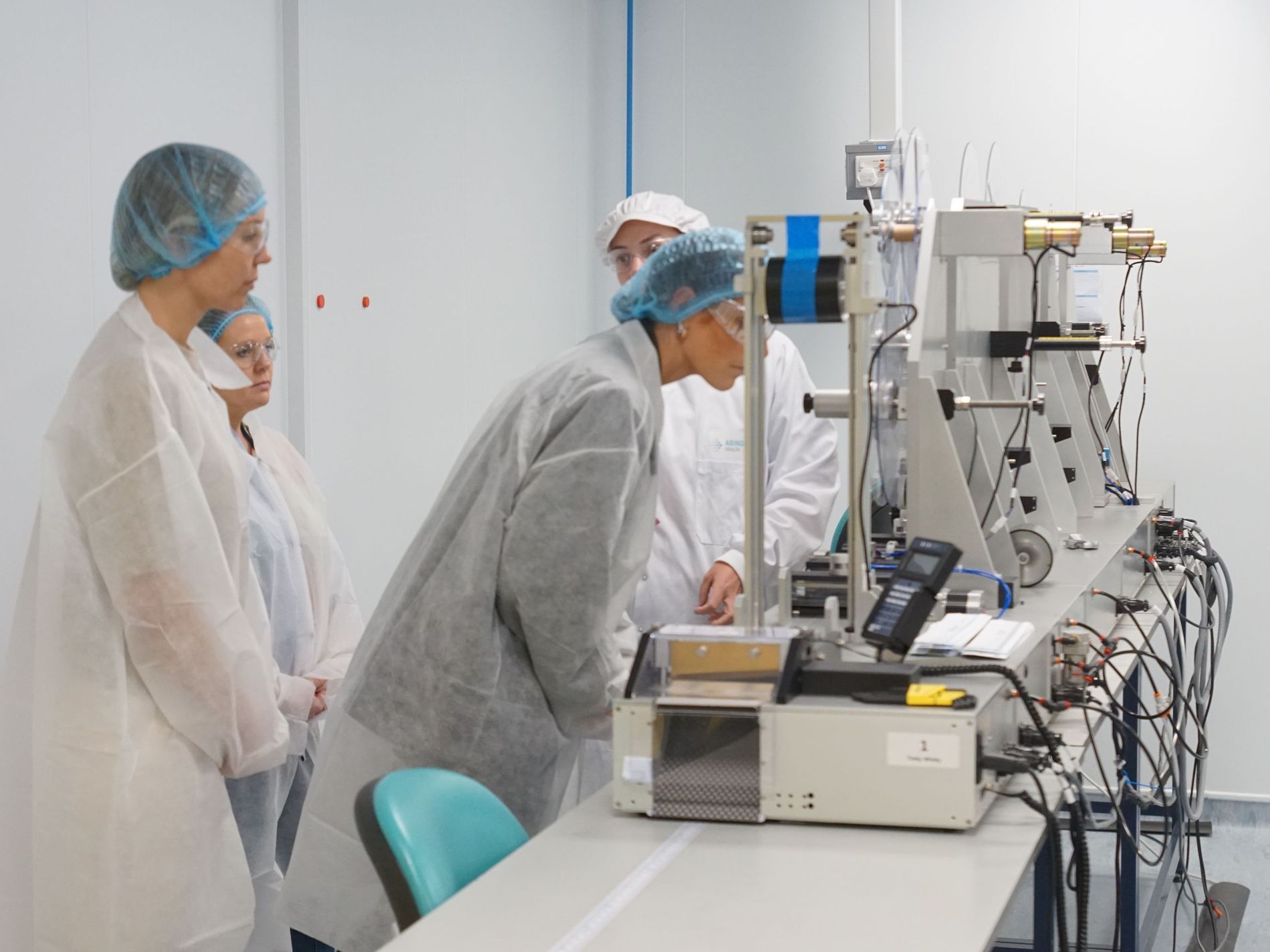
Karolina Löfqvist and Jasmine Tagesson at the Hormona labs. Photo: Courtesy of Hormona
And once you have your results, Hormona guides you with a holistic plan – including pointing you towards the right medical care if needed. “After struggling for years, I began to heal quite quickly once I understood the lifestyle changes I needed to make, and got the right medication to re-stabilise my hormones,” Löfqvist recalls. “I stopped eating gluten for example – something which can often exacerbate depression in people with thyroid problems.”
Before even launching their patented at-home tests, they’ve received an outpour of gratitude from women who use the app. “I get emails at least once a day from women around the world,” Löfqvist continues. “They tell us they’ve been able to stay at their job or save their relationship through understanding themselves better.”
“We’ve come to learn that our hormonal health is the foundation for our well-being, and is so influential in how we feel and in turn how we live,” adds Tagesson. “Our purpose is to give women the power of this information; the ability to take control over their health and their lives.”
